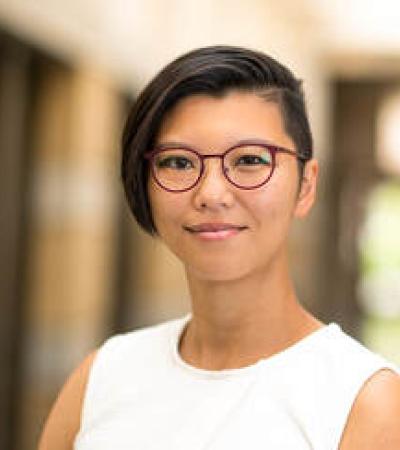Thirty Years of Democracy in Brazil: A Research Workshop
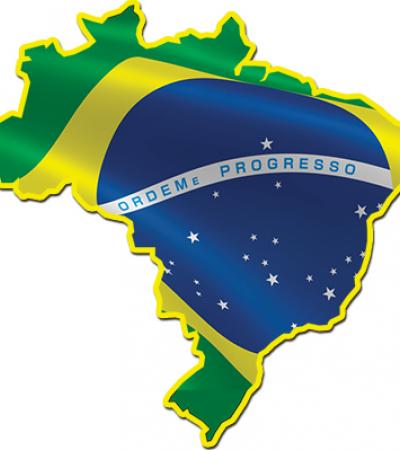
In spring 2015, Brazil celebrates the 30th anniversary of its most recent transition to democracy. Since its return to democratic rule after 21 years of dictatorship, the country has made remarkable progress towards consolidating its democratic institutions and promoting human development and social inclusion.
This workshop will celebrate the advances made in Brazil—and discuss current challenges to further progress—by gathering together members of an emerging network of young Brazilian scholars studying in the US to reflect and debate with one another and with seven leading experts on Brazil.
Key questions for discussion include:
- How well do the country’s political institutions represent citizens?
- To what extent do Brazil’s party system and Congress ensure governability?
- Do corruption and clientelism currently undermine democratic representation?
- How effective are Brazil’s social policies, and what are their limitations?
- What challenges lie ahead for Brazil?
Building on the Kellogg Institute’s long tradition of committed scholarship on topics of Brazilian democracy, the workshop will be an opportunity to enhance intellectual connections with Brazilian institutions and academics, including the next generation of researchers.
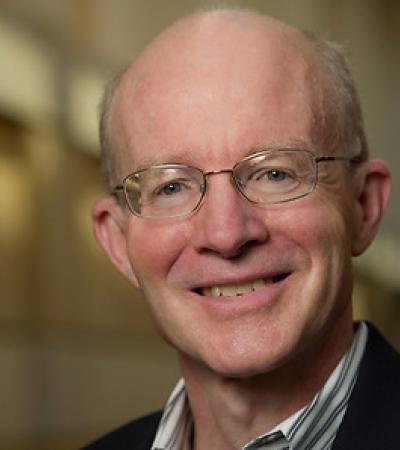
Scott Mainwaring
Scott Mainwaring is the Eugene P. and Helen Conley Professor of Political Science at the University of Notre Dame. He is also a faculty fellow at the Kellogg Institute for International Studies, where he previously served as director for 13 years and an Advisory Board member from 2017-2023. He has been a Kellogg Institute faculty fellow since 1983...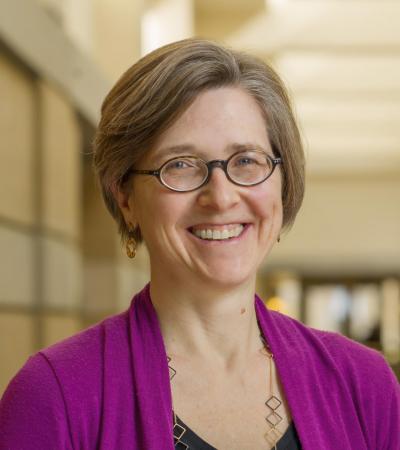
Ann Mische
Ann Mische is Associate Professor of Sociology and Peace Studies. Her work focuses on processes of communication, deliberation and leadership in social movements and democratic politics...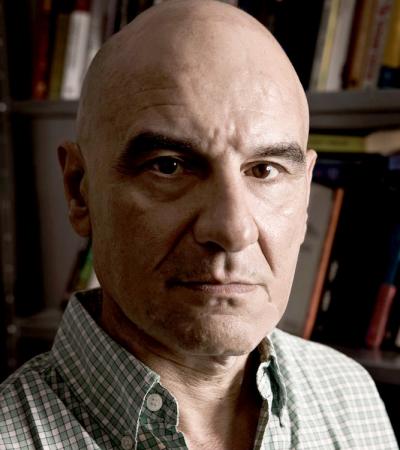
Eduardo Viola
Profile updated 2022 Eduardo Viola is senior research fellow at the Institute of Advanced Studies, University of Sao Paulo, and professor of international relations at the School of International Relations, Getulio Vargas Foundation (Sao Paulo). He retired from the University of Brasilia in 2018 after 39 years (27 years as full professor) and is now an emeritus professor...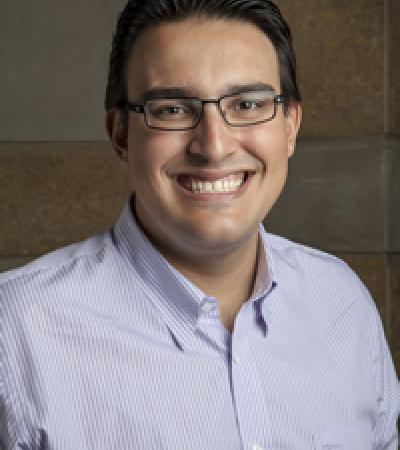
Fernando Bizzarro Neto
This profile was current as of 2016, when he was part of the on-campus Kellogg community. I am a PhD student in the Department of Political Science at the University of Notre Dame. I first came to the Kellogg Institute as a Guest Scholar after receiving a grant from the Sao Paulo Research Foundation, Brazil, in the fall of 2012...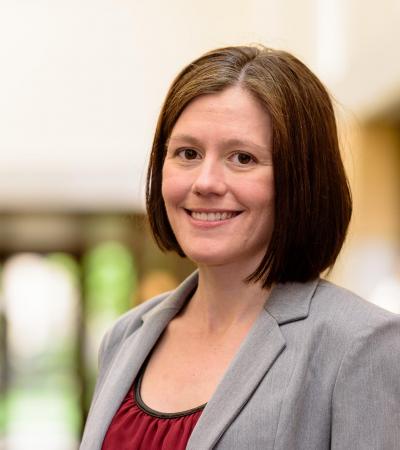
Stefanie Israel de Souza
This profile was current as of 2019, when she was part of the on-campus Kellogg community. I am a proud native of Oregon, though in recent years I have lived in Mexico, Brazil, and Philadelphia, before moving to South Bend. I received my M.T.S. in Biblical Studies from Palmer Theological Seminary in 2011 and my B.A...
Nara Pavão
This profile was current as of 2015, when she was part of the on-campus Kellogg community. A former PhD candidate in Political Science/Comparative Politics at the University of Notre Dame, currently writing my dissertation: "When Democratic Accountability Fails and Corruption Thrives." I earned an MA in political science from the University of São Paulo and a BA from the Federal University of Pernambuco, Brazil...